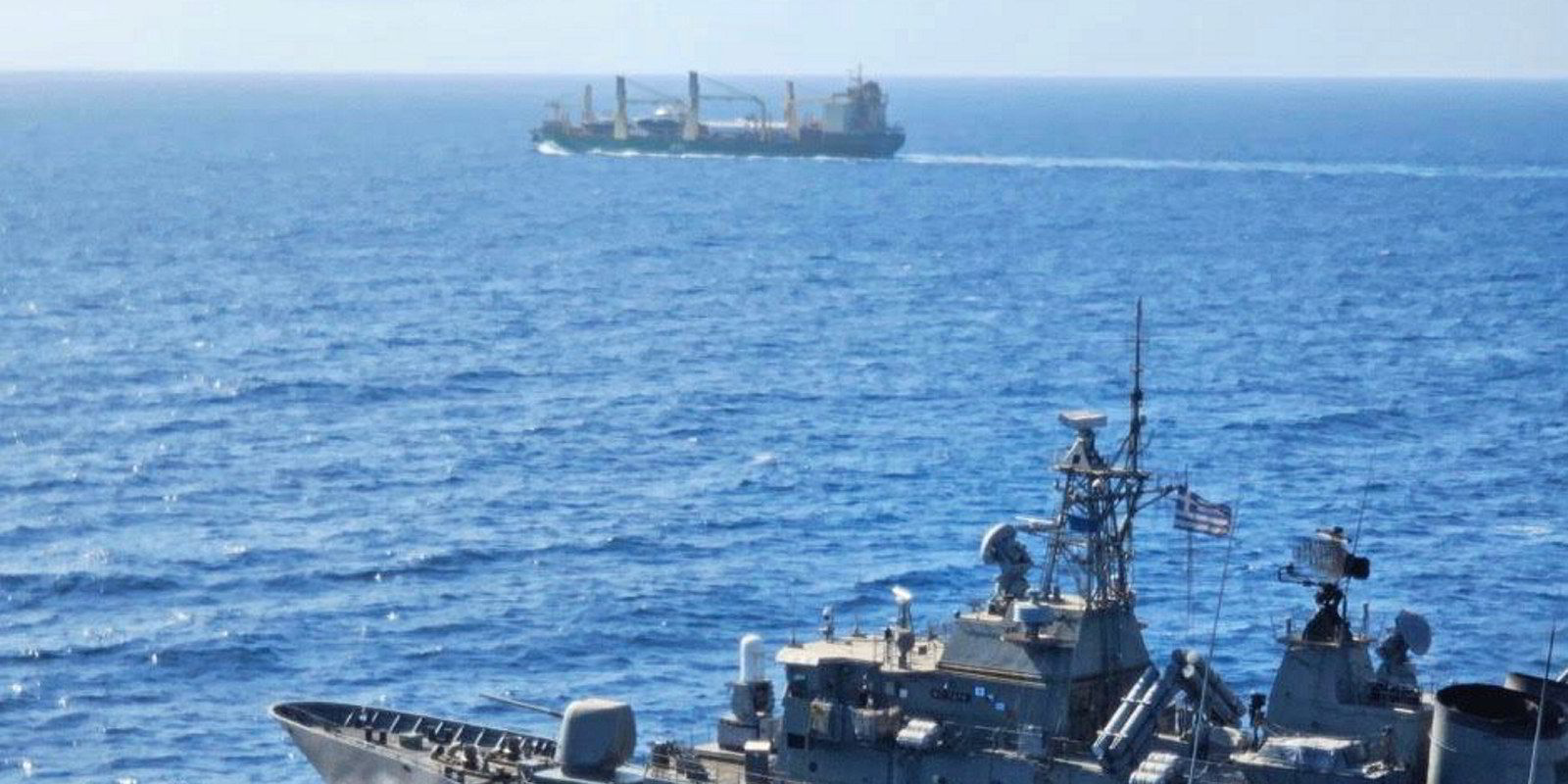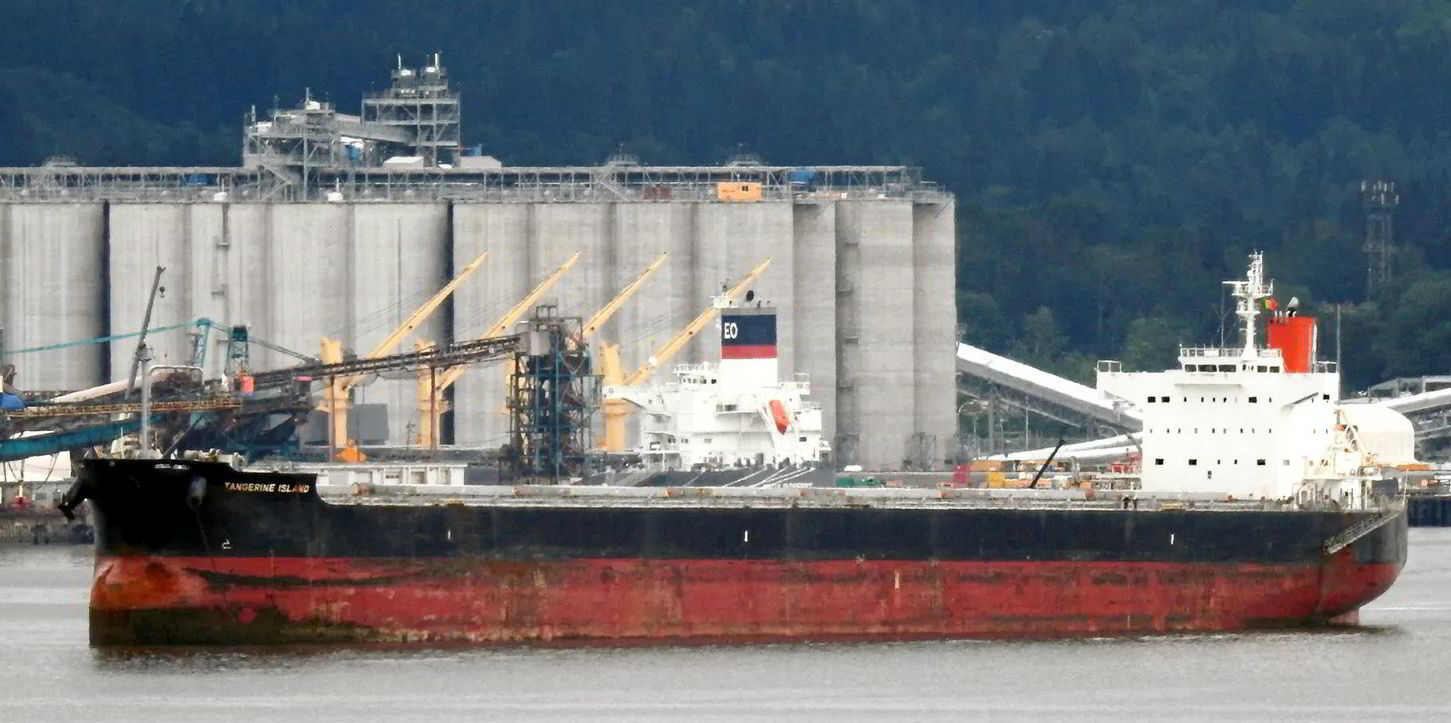The Houthi attack against a Greek-managed bulker in the southern Red Sea on Tuesday was much more tenacious than initially reported.
The 82,300-dwt Laax (built 2012) was hit by five missiles rather than the three previously reported.
The ship suffered material damage but remains seaworthy, said an official with maritime security firm LSS-SAPU, which is protecting it.
“The crew and the SAPU commandos are in good health,” the official said.
After receiving assistance from navy forces in the area, the Laax is continuing its journey to the United Arab Emirates.
The LSS-SAPU official dismissed information that emerged on Monday, which suggested the vessel was taking in water and listing.
Previously reported damage was to a pair of cargo holds and to accommodation windows.
According to the official, the ship’s master received no prior message or warning from Houthi forces before the attack.
“The only warning was the first missile strike,” he said.
Unclear motives
In a statement later on Wednesday, Houthi spokesman Yahya Saree formally claimed responsibility for the attack on the Laax, saying it caused “big damage” to the ship.
Whenever the Yemeni group announces strikes on commercial ships, it usually justifies them by saying the vessel is owned by or linked to entities affiliated with the US, UK or Israel, or that it has traded with Israel.
The Laax, however, flies the Marshall Islands flag and is managed by Piraeus-based Grehel Shipmanagement. It has no apparent ownership connections with the US, UK or Israel — whether now or in the recent past — and has not called at any Israeli ports recently.
The ship left Paranagua in Brazil last month and was heading southbound in the Red Sea for Fujairah in the UAE on Tuesday afternoon.
Vessel trackers showed it made three stops on its journey in the eastern Mediterranean, none of them in Israel. The Houthis are seeking to disrupt Israel’s trade to force it to stop its war in Gaza.
The last time the Houthis attacked a Greek bulker was on 23 May, when a missile landed off the port side of the 50,800-dwt Yannis (built 2009), owned by Eastern Mediterranean Maritime, in the Red Sea.
The rebels claimed that the attack against the Eastern Mediterranean ship was part of the “fourth phase” of their campaign, in which they would target every ship of a company they believe has traded in Israel.
The fourth phase includes intended strikes in the Mediterranean. The Houthis have claimed one attack in this area so far, but it has not been independently confirmed.
The group has launched about 100 strikes against commercial ships in the Red Sea and the Gulf of Aden over the past six months and has displayed a capability to carry out long-distance drone strikes in the Indian Ocean.
Carried out via drones, missiles, attempted boardings and one hijacking, the attacks resulted in the death of three seafarers and 10 Houthi fighters, the sinking of the 32,200-dwt bulker Rubymar (built 1997) and the abduction of 25 crew members on the 5,100-ceu Galaxy Leader (built 2002).
LSS-SAPU is familiar with such incidents, as its personnel safeguarded and assisted in the evacuation of the Rubymar crew after the ship was struck by a missile in February.





